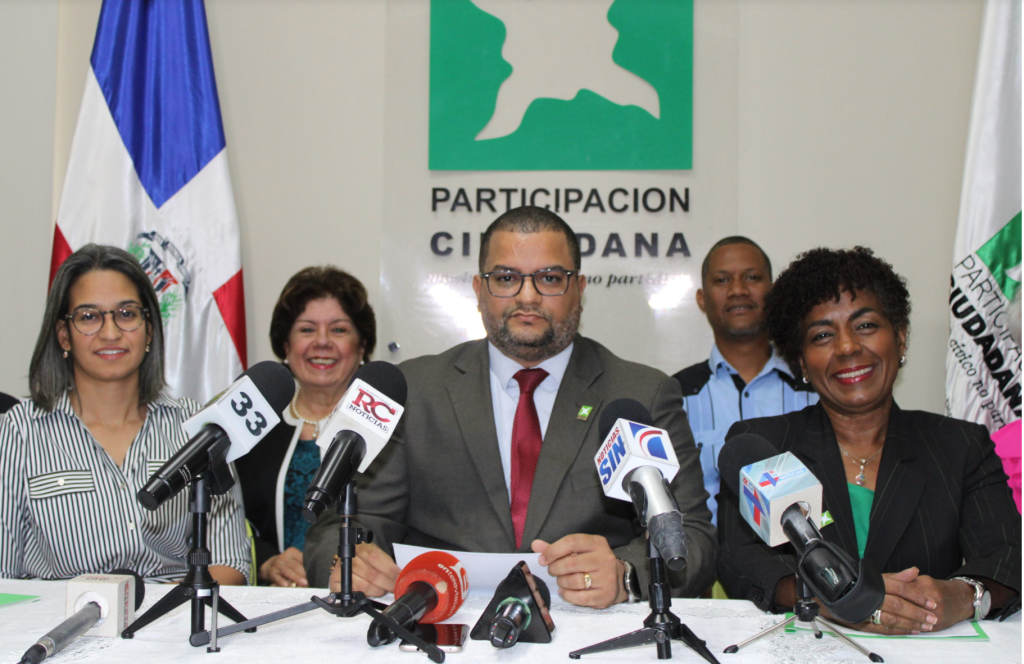
The civil society movement is calling for consensus and collaboration of the opposition parties to achieve constitutional reform. The past government party and today opposition leaders, former Presidents Danilo Medina and Leonel Fernandez have said they will not sit for constitution reform talks convened by the Economic and Social Council (CES).
Joseph Abreu, the new general coordinator for Participacion Ciudadana urged the opposition parties not to abandon the discussion tables and instead to present their proposals.
Abreu reiterated the importance of prioritizing political party and electoral laws reform so that the Central Electoral Board (JCE) and the political organizations have time to apply them before the next electoral period that kicks off in 2023 in time for the May 2024 general elections.
Given the delays in the discussions using the Economic and Social Council (CES) platform, the JCE went ahead and submitted a bill to reform the Political Parties and Electoral Regime laws directly to the Senate. As reported, this action took the political parties by surprise.
Joseph Abreu says the political organizations can continue the discussions in the National Congress, where they are represented. Yet, he pointed out that the discussions in the CES were enriched with the participation of other civil society and business sectors.
Abreu called for politicians to prioritize instating independence to the Public Ministry (Attorney General Office), the reform of the Social Security Law, and work on the institutional reform to guarantee the quality of public education.
He also mentions other priorities are the police reform, the policy of citizen security and the persecution of organized crime, the extinction of ownership bill, which is in the National Congress, and the reform of Law 340-06 on Public Procurement and Contracting.
The movement said that it is “unpostponable” for the country to carry out the reforms to strengthen the organs of control of corruption and criminality, wrongs that threaten the social, democratic and rights-based State established in the Constitution.
“We recognize advances in the persecution of corruption and organized crime, but common crime continues to be a threat that transforms citizens’ daily lives into hell, to which are added the frequent abusive actions of the police, especially against the most vulnerable sectors” he said.
The civil society institution expressed its concern for the “scarce advances” in the different tables of the CES which are in charge of these issues and the “apparent disposition of some sectors to hinder the reforms.”
Read more in Spanish:
Participacion Ciudadana
12 April 2022

